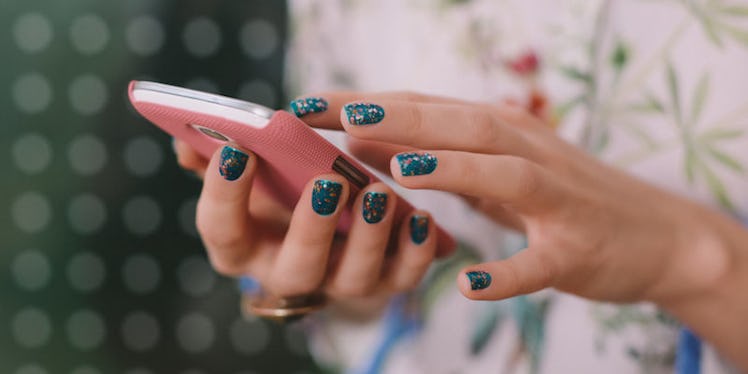
Soon We'll All Probably Be Getting Birth Control From Apps Instead Of Doctors
In today's world, if you own a smartphone, you can order just about anything from the palm of your hand. You have access to thousands of apps that let you read the news, pay your bills and put in an order at Starbucks and skip the line without ever pausing your music.
And now, apps are available to help you get your birth control without even stepping into a doctor's office.
Apps like Lemonaid, Nurx and Maven, which have gained traction fairly subtly and largely through word of mouth, have made it possible to order birth control straight to a nearby pharmacy or even your home address.
Each app has a different process, but generally, they require patients to fill out a questionnaire or provide their answers in video form. From there, a doctor or pharmacist reviews the provided information and can get birth control to the person rather quickly.
This is amazing news because, let's be honest, going on birth control for the first time can be turned into a bigger deal than it actually is. The more access young women have to birth control, the less likely unwanted pregnancies are going to happen.
These apps provide even more access to birth control to women who might struggle with getting it in the first place or dread asking their doctors about contraceptives at all. The convenience of using these apps also eliminates the procrastination we all practice when it comes to setting up doctor appointments.
At first, some women who discovered the apps were skeptical -- how could an app collect all the necessary information that comes with prescribing birth control? Lemonaid, for example, only requires that patients pay $15 to have a doctor review the information they provide to then give access to birth control.
Many have come to trust the apps, however, probably because the benefits seem to outweigh the concerns: Apps make the whole birth control process quick and painless at an affordable price.
Healthcare providers are obviously tuning into what Gen-Y needs in terms of accessibility to important health concerns, as well as trying out new ways to work around the political contention usually associated with women's reproductive health matters.
More companies are likely to follow suit, making birth control more accessible than ever.